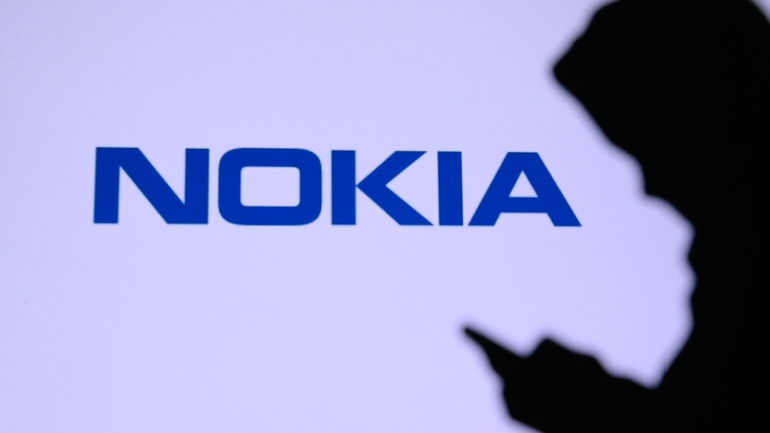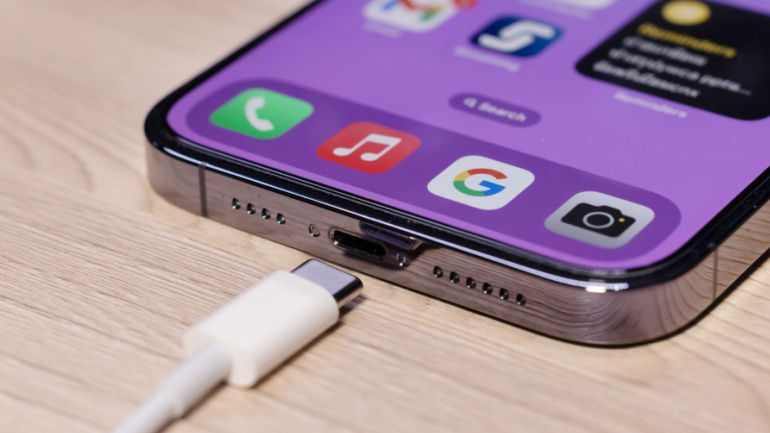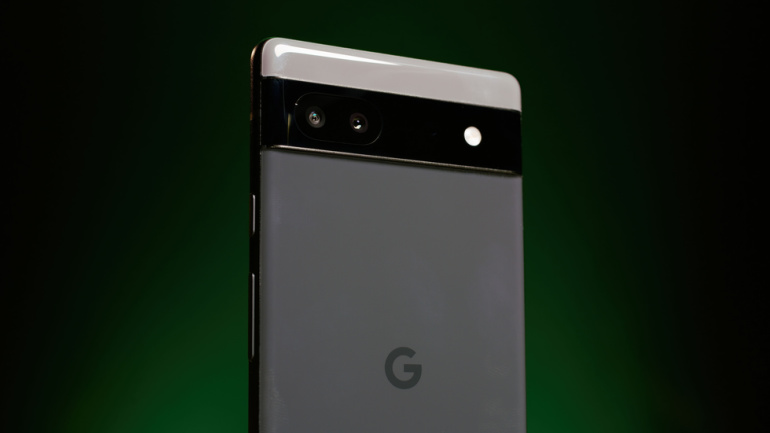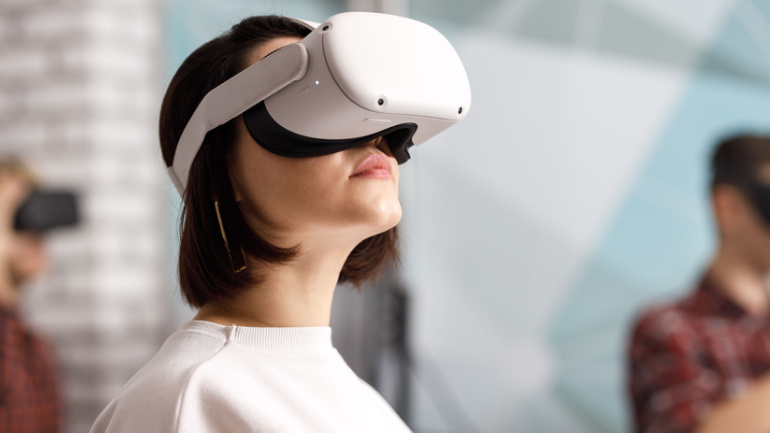HMD Global sets a new bar in smartphone manufacturing with the Nokia XR21, claiming ‘military-grade durability’ and localized data storage for improved security. Remarkably, this sturdy device boasts a chassis made from 100% recycled aluminium, affirming the company’s commitment to sustainability. As an added boon, it has moved its manufacturing to Europe, enhancing the product quality control. This move hints at the potential appeal of a ‘Made in Europe’ smartphone in an overwhelmingly Asian-dominated market.
Apple’s recent unveiling of four new iPhone models, with prices starting from £799, highlights the company’s steady stream of innovation. This release has also stirred debate among smartphone enthusiasts questioning the extent of the innovations, especially considering the premium pricing. Despite predicted criticism, Apple maintains its market dominance by committing to incremental upgrades, asserting a commitment to environmental responsibility, and boasting durable, low-bug products.
Deutsche Telekom has made a significant stride in mobile telecommunications, achieving 12 gigabits per second in field tests using 6GHz frequencies – quite a leap from the current 5G network speeds. The German telecom giant credits this achievement to merging two data streams from different frequency antennas, a method they suggest may become standard for these bands. However, before this breakthrough can materialize, it’ll go under scrutiny during the upcoming ITU World Radiocommunications Conference.
BYOD VoIP, or “Bring Your Own Device Voice over Internet Protocol,” lets employees use personal devices like smartphones, tablets, or laptops for business calls through VoIP. This approach enhances flexibility, productivity, and cost savings, but it also poses challenges like security risks, device compatibility, and privacy concerns. Implementing BYOD VoIP effectively requires clear policies, network readiness, robust security measures, and employee training.
Google Chrome’s desktop version is set for a Material You design update. Apple hints at traditional smart glasses development through a recent patent, complementing their Vision Pro headset. Verizon introduces a versatile Mobile Onsite Network-as-a-Service for enterprises, offering private networks, edge compute, SD-Wan, and satellite connectivity. Meanwhile, Google unveils its Pixel 8 series and teases the Pixel Watch 2 ahead of an October 4th launch event.
In a recent announcement, Verizon is set to launch its latest cellphone plan, the Unlimited Ultimate, priced at $90 per month. This development follows the earlier introduction of Verizon’s myPlan lineup. The Unlimited Ultimate plan boasts an array of enhanced features, making it a compelling choice for consumers.
In a bid to keep pace with the recent barrage of tech revelations from its contemporaries, Google has slated October 4th for the grand debut of its latest Pixel phones and the eagerly anticipated Pixel Watch. In a communiqué dispatched to media representatives today, the corporation revealed that the upcoming Made by Google event, synonymous with its in-house hardware premieres, is scheduled for New York City, with the keynote kickoff pegged at 10:00 a.m. Eastern Time.
In the short span since 5G’s inception, one of its most successful applications surprisingly isn’t smartphones, but Fixed Wireless Access (FWA) enhancing home broadband services. Currently dominating 90% of new US broadband subscriptions, this trend sparks intriguing implications. Yet, fiber broadband’s speed and dependability present a formidable challenge, set to increasingly permeate the market aided by ample public funding. Meanwhile, FWA’s flexible and user-friendly nature makes it a robust contender, particularly in areas where fiber is not feasible.
Nokia, TPG and Mediatek are collaborating to showcase the power of carrier aggregation technology in live-streaming 360-degree broadcasts, a key element for future metaverse applications. The demonstration at Nokia’s 5G Futures Lab used multiple sub-6 GHz frequency bands to maximize 5G uplink speeds, enabling real-time transmission of high-quality video. The technology could revolutionize the viewing experience for TV, movies, sports and industrial metaverse scenarios such as remote-controlled robots performing hazardous tasks.
Vodafone UK launches an industry-first initiative offering customers battery replacements for three years and continued coverage for manufacturing defects. This ‘lifetime service promise’ extends to both new and refurbished handsets, provided an active Vodafone Pay Monthly Airtime Plan is in place. Innovatively eliminating inconvenience, a battery diagnostic tool within the Vodafone app allows customers to easily confirm if their device requires a battery replacement.













